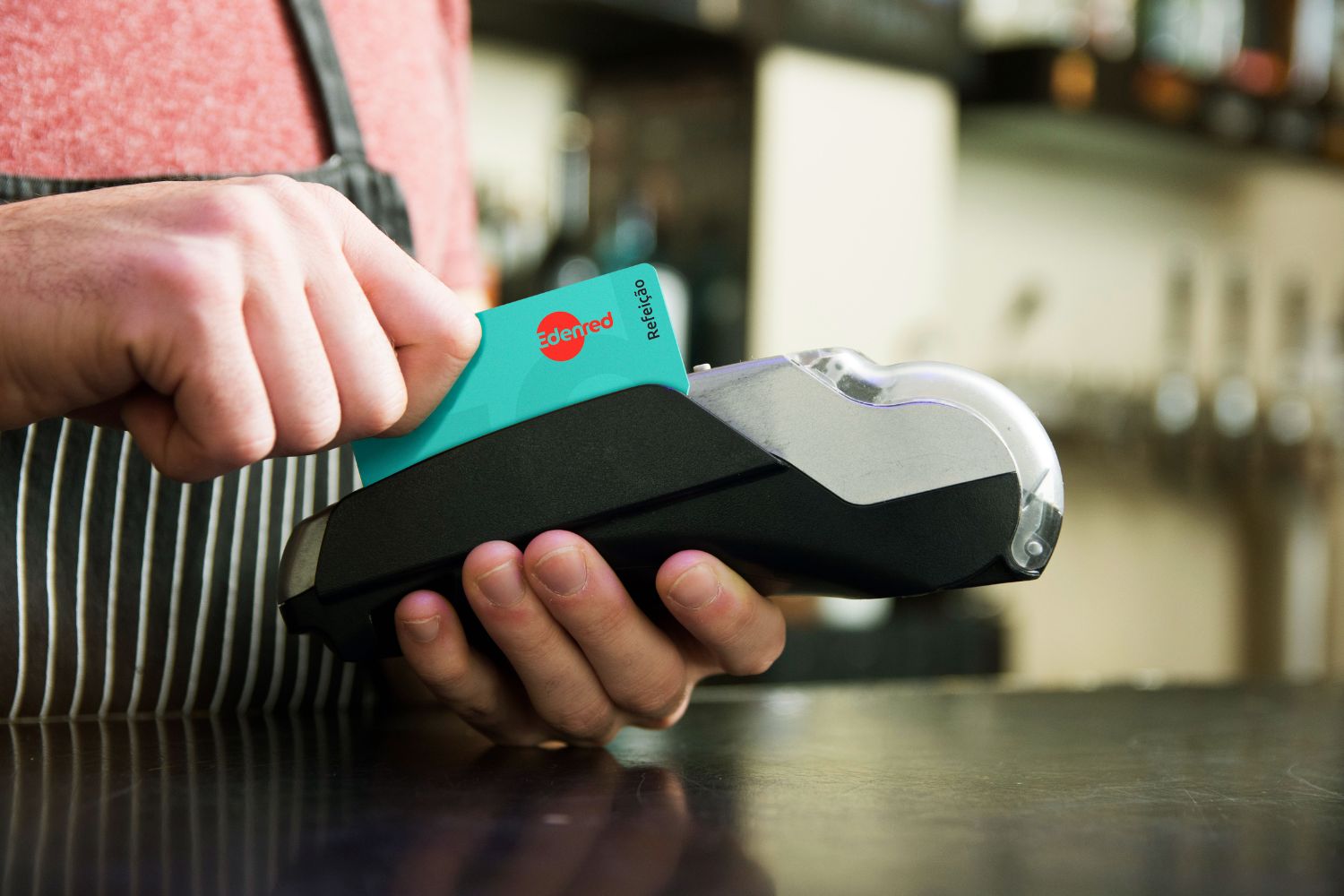7 Reasons to give the meal allowance in a card
8 de May, 2024
The meal allowance is an extra-salary benefit that companies can give to their employees in two formats: cash or meal card (social voucher).
Paying your meal allowance by card has numerous advantages and is therefore an increasingly popular option for companies in Portugal. Find out the main reasons why!
Read also: Meal allowance: Everything you need to know
1 – Tax savings for the company
When companies pay the meal allowance in cash – together with the employees’ monthly salary – they are exempt from TSU tax up to a maximum of €6.00/day. However, if they pay the allowance using a meal card, the total exemption from TSU applies up to the amount of €10.20/day (70% more than if paid in cash).
In this way, companies can give a higher meal allowance without increasing their tax burden. This tax benefit associated with the meal card can enable companies to save around €241 per employee per year. Do your simulation here.
2 – Greater liquidity for the employee
Just like for the company, the meal card also has associated tax benefits for the employee: total exemption from IRS and TSU up to a maximum of €10.20/day. As such, granting the allowance in this format allows employees to increase their purchasing power when it comes to spending on meals and food.
Let’s take this example: if your company gives its employees €10.20/day in meal cards (x 22 working days x 11 months), they will receive a total of €2,468.40 at the end of the year. However, if the same amount is given in cash, and an IRS rate of 21% and TSU rate of 11% are applied, the total received per year is €2 153.32. In other words, the employee receives an extra €315.08 net per year in meal cards.
This increase in disposable income is especially relevant at a time when we continue to see an increase in the cost of living and inflation in foodstuffs.
3 – Improved quality of life and well-being
The meal card is a social benefit whose purpose is to ensure that workers have access to nutritious food during their working day. To this end, it can be used to purchase meals or foodstuffs for cooking.
By giving your employees the meal allowance card, you are guaranteeing that this money is spent on food, thus promoting the quality of life, health and well-being of your employees.
4 – Optimizing the value proposition for employees
Bearing in mind that the meal card makes it possible to give employees more liquidity and, at the same time, contribute to their quality of life, there is a direct relationship with an increase in their job satisfaction and motivation .
Thus, by giving this extra salary benefit in cards, companies have an increased ability to attract and retain human capital.
5 – Discounts associated with the meal card
In the case of the Edenred meal card, users have access to the Discounts and Advantages Program, through which they can enjoy exclusive discounts on more than 60 health and wellness brands, insurance, mobility, energy, leisure and much more.
In this way, there is not only more disposable income from the meal card itself, but also easier access to certain goods and services that are relevant to employees.
6 – Socially responsible solution
Social meal vouchers are a socially responsible tool in that:
- They provide more purchasing power and ensure access to decent food;
- They promote better eating habits, health and well-being;
- They help to improve working conditions and reduce inequalities.
In addition, in the specific case of Edenred Refeição, it is a greener card, contributing to the circular economy.
All these aspects reinforce the meal card as a very valuable social tool, with a leading role in issues such as eradicating poverty and hunger, promoting good health and reducing inequalities. In fact, Edenred Refeiçãocontributes to seven of the United Nations’ 17 Sustainable Development Goals (SDGs).
Find out more about Edenred’s sustainability strategy.
7 – Development of the local economy
The fact that companies give out meal cards creates a virtuous circle in which employees have more purchasing power and, as a result, local establishments see their business boosted.
One of the aims of social vouchers is precisely to boost economic activity. At the same time as promoting inclusion and boosting consumption, they make a notable contribution to the development of the economy, with several national and international studies demonstrating their positive economic impact.
Article updated in December 2024 (to take into account the new meal allowance rates in force).

